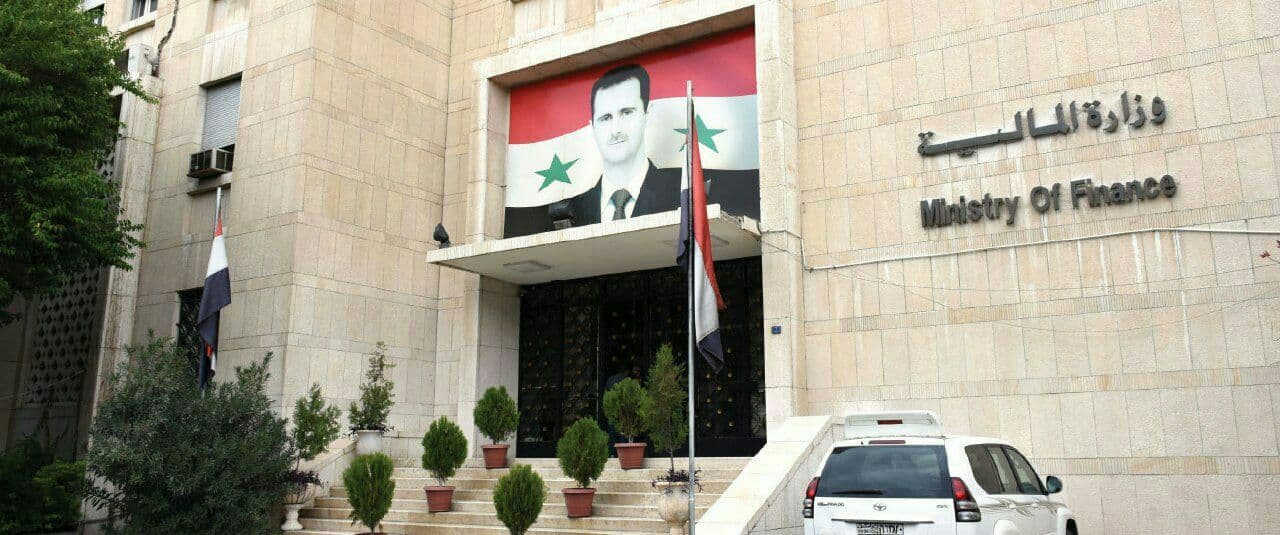The Ministry of Finance revealed that it has issued 2,000 precautionary seizure decisions in relation to transferable and non-transferable funds allocated to traders, craftsmen, and companies in Damascus during the first half of 2021. The decisions relate to funds worth around 5.5 billion Syrian pounds.
The precautionary seizure decision was made in relation to funds held by 800 people, including the owners of fuel distribution stations, diesel distributors for agricultural work, gas station shareholders, and owners of Pullman companies. The ministry seized these amounts in connection with a case concerning the loss of materials totaling 3 billion Syrian pounds. The precautionary seizures extended to members of the Executive Office of the General Union of Craftsmen — under the Central Authority for Supervision and Inspection’s mandate — to ensure the payment of 142 million Syrian pounds, including legal benefits.
The publication Asia News Agency quoted lawyer Ali al-Darmini saying that the seizure decisions are “a precautionary measure to preserve state funds.” Darmini then explained that the decision may be lifted if a court acquits the seized money’s owner of any wrongdoing, or the owner pays the required amount to the state.
Read Also: Government Seizes Money From Some Traders in Homs
Darmini said that the precautionary seizure procedure currently being followed is based on a series of investigations and documents collected by the Central Authority for Supervision and Inspection. The authority submits its report to the Prime Minister, who in turn consults with security agencies to implement the seizure decision. The asset seizure is only lifted if the owner pays money in “restitution” to the Ministry of Finance.
Traders and industrialists are suffering from recurrent crises, especially due to power outages and the resulting disruption of factories. In addition, the Ministry of Finance levies high duties and taxes, while officials are trying by various means to provide the state treasury with funds by raising the prices of basic materials and imposing heavy taxes on Syrians. In response, Syria’s economic crisis nosediving living conditions have pushed many people to look for opportunities to emigrate outside the country — even if this leads to the person selling everything he has to get out.
This article was translated and edited by The Syrian Observer. The Syrian Observer has not verified the content of this story. Responsibility for the information and views set out in this article lies entirely with the author.


